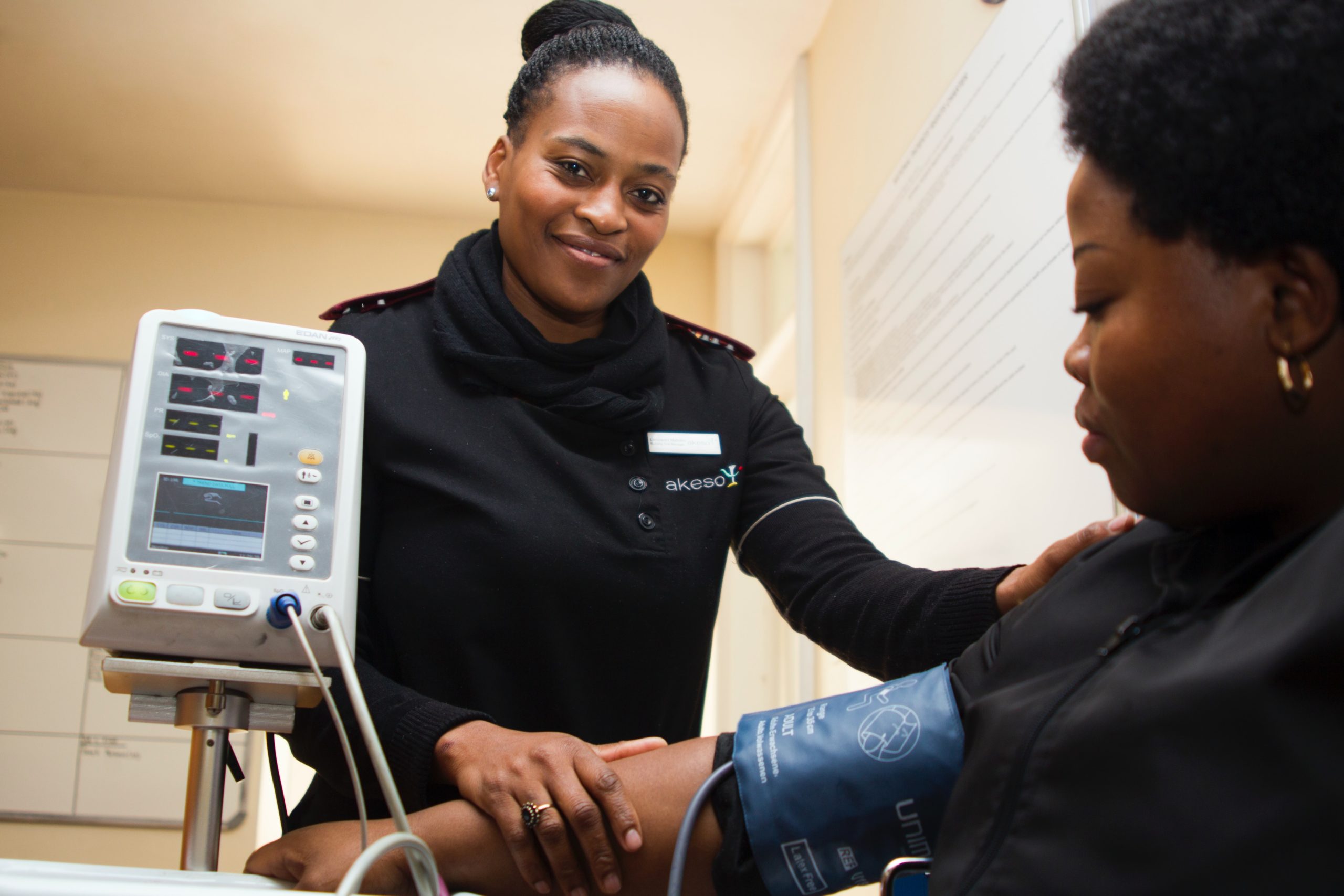About 422 million people worldwide have diabetes, and one in four people is unaware they have it. Do you know if you are at risk for diabetes? In this blog, we’ll discuss your personal risk factors and give out some tips on how to reduce your risk of diabetes.
About Diabetes
Diabetes is a chronic health condition that affects how your body processes food into energy. According to CDC, reports suggest that people diagnosed with diabetes have doubled in the last 20 years.
For type 1 diabetes, known risk factors include family history and age. For type 2 diabetes, you are at risk if you have prediabetes, are overweight, have a sedentary lifestyle, or have family members who have this condition.
At present, there is still no permanent cure for diabetes. However, there are lifestyle changes you can make to lower your risk for type 2 diabetes. These include the following:
-
Maintain Healthy Weight
Having excess weight is one of the most important causes of type 2 diabetes. Being overweight or way past the recommended BMI increases your chance of developing this condition. It makes you 20 to 40 times more likely to develop diabetes than others with a healthy weight.
Start losing excess weight above your healthy weight range. Talk to your doctor or nutritionist on how you can lose weight to cut your chances of developing diabetes in half.
-
Follow a healthy eating plan.
Watch the number of calories you eat or drink every day to help you keep a healthy weight. A recommended diet should have less fat and sugar and replace it with whole grains, fruits, and vegetables. Limit your choices of red meat and avoid processed meats.
-
Get regular exercise
Physical inactivity and a sedentary lifestyle can significantly increase your risk for diabetes. You need regular exercise and other physical activity to help you manage a healthy weight. An active lifestyle increases your overall health and helps lower your risk.
-
Quit Smoking
Smoking has been shown to contribute to many serious health conditions such as heart disease, lung cancer, and chronic obstructive pulmonary disease (COPD). Smoking is also linked to the development of type 2 diabetes. It can increase the risk for diabetes by 44% for average smokers and 60% for chronic smokers.
If you are smoking, try to quit as soon as possible.
-
Know your family health history
You should be mindful of your lifestyle habits, especially if you have a history of diabetes in your family. Research shows that more than 75% of people with type 2 diabetes have a close relative who has the same condition.
Understanding your diabetes risks helps you take steps to stay ahead of it.
-
Talk to your health care provider.
Talk to your doctor and seek advice on things you can do to delay or prevent the development of diabetes. If you are at high risk, your doctor may provide alternative options such as taking diabetes medicines on top of other lifestyle changes.
-
Learn First aid
In most diabetes cases, the person may have low blood sugar levels or hypoglycemia. It can happen as a side effect of a diabetes drug, a missed meal, or doing strenuous exercise. If left untreated, any diabetic emergency can become serious and life-threatening.
Therefore, it is important to learn first aid for someone who is having a diabetic emergency.
The Bottom Line
Although there is no permanent cure, the good news is you have control over many factors that influence diabetes. It is helpful to know your risks early on to start making changes that can help reduce your chances of having diabetes.
Eat the right foods, get into physical activities, and adopt a healthy life. These are just a few ways to promote healthy blood sugar and insulin levels that will give you the best chance at preventing diabetes.
It is never too late to start – start making changes today.







